Bracing for Trump 2.0: A world on edge
US academic Zhu Zhiqun reflects on the 2024 presidential election won decisively by Donald Trump. He notes that the new Trump administration may make some dangerous moves, including with regard to Taiwan.
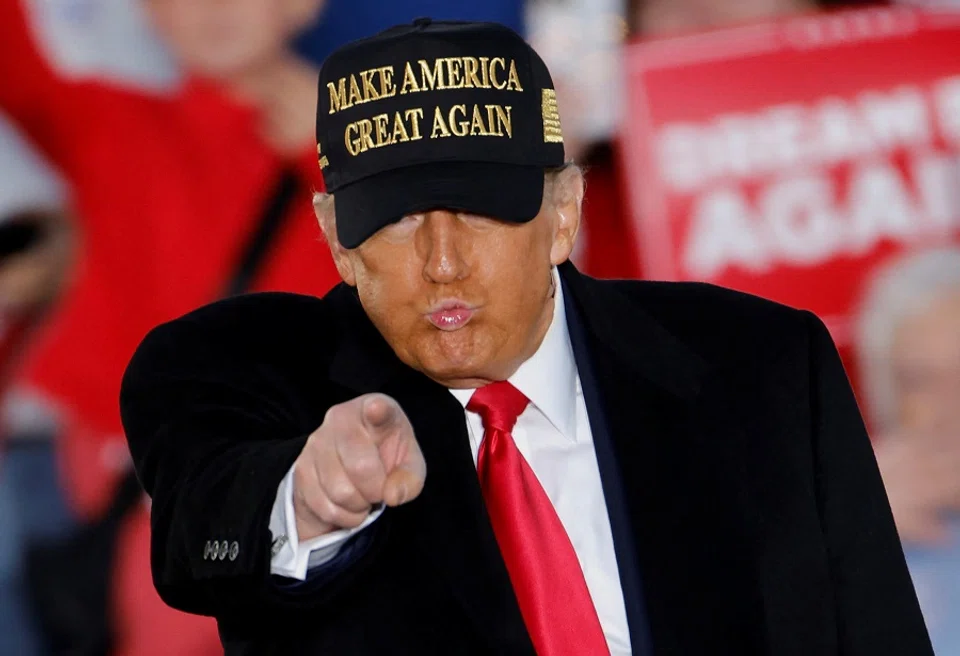
Days after Donald Trump pulled off a stunning victory to return to the White House, many people in and outside of America are still struggling to grapple with this reality.
Trump’s comeback is truly phenomenal. He has received at least 295 electoral votes, more than the 270 needed, and also won over 50% of the popular vote. In 2016, he lost to Hillary Clinton in popular votes though he snatched more electoral votes. No wonder he claims that he has a “powerful mandate” now. Trump’s impressive performance in the 2024 US presidential election will be a topic for study for many years to come.
This is a consequential election, with far-reaching impact at home and abroad.
How could Trump, a convicted felon, win the highest office in America? What does it mean for America and the rest of the world? And what’s going to happen to US-China relations?
Many voters picked Trump because of his promise to “Make America Great Again” (MAGA) and his rival’s vague policy platform. They definitely did not pick him as a role model for American children.
Won the elections, but not hearts and minds
Domestically, a gloomy mood is prevalent among voters who did not support Trump. Although Kamala Harris has graciously conceded defeat and called Trump to congratulate him, her supporters, nearly half of all those who voted, cannot let this go easily. As Harris herself put it, she will never give up “the fight for freedom, for opportunity, for fairness and for the dignity of all people, a fight for the ideals at the heart of our nation, the ideals that reflect America at our best”.
America remains highly divided after the election. It will take a long time to heal.
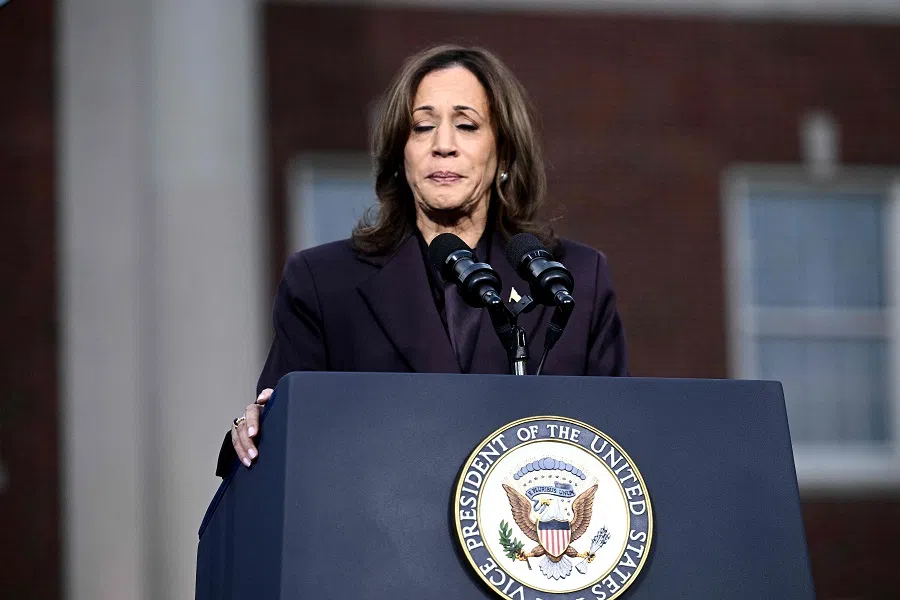
Trump has won the election, but he has not won the hearts and minds of most Americans. Even many of his supporters admit he is a flawed candidate. Many voters picked Trump because of his promise to “Make America Great Again” (MAGA) and his rival’s vague policy platform. They definitely did not pick him as a role model for American children.
Every American child is familiar with the story of George Washington and the cherry tree. When Washington was six years old, he received a hatchet as a gift. He went out and cut down his father’s favourite cherry tree. His father was angry and asked him if he had done it. Washington replied yes. His father embraced him, exclaiming that his honesty was worth more than a thousand trees. A founding father and the first president of the US, George Washington had been a great role model for generations of American children.
It pains many American parents now to explain to their kids that those in high offices are not necessarily honest and decent people, and the American constitution does not prevent a convicted felon from serving as the president.
Trump’s priority will be to fix domestic problems. His policies on immigration and abortion and his challenges to democracy and US foreign policy will likely further polarise the American society.
US soft power may decline
Globally, with Trump’s victory, the US soft power and image will suffer enormously. Many people who look for inspiration and leadership from the “shining city upon a hill” will feel disappointed and discouraged.
Trump boasted about ending the Russia-Ukraine war in 24 hours. No one believes he can do it.
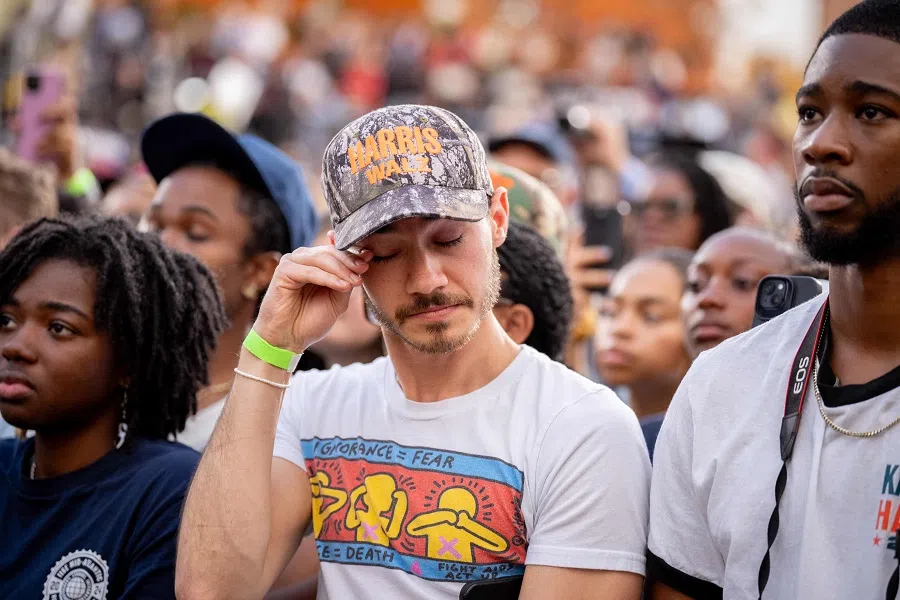
If people in other countries could vote in the US election, there would be zero chance that Trump would have been elected, given the widespread antipathy to him around the world.
Trump will potentially disrupt the international system at a time when global cooperation is urgently needed to address common challenges.
His victory is a huge blow to global efforts to combat climate change. One of the first things Trump did during his first term was to withdraw the US from the Paris climate agreement. In his second term, Trump could push the globe into even more dangerous terrain by knocking out President Biden’s climate laws. A second Trump administration could boost greenhouse gas emissions by four billion tonnes through 2030 alone, according to an earlier study.
Trump boasted about ending the Russia-Ukraine war in 24 hours. No one believes he can do it. He has no intention to end Israel’s war with its neighbours. It was during his first term that the US relocated its embassy from Tel Aviv to Jerusalem and recognised the Golan Heights as part of Israel — decisions that incensed Palestinians and upended decades of American policy towards the Middle East. Trump has repeatedly urged Israel to “finish the job” and destroy Hamas — but has offered no plan for peace.
Triggering retaliations and disrupting supply chains
Trump will continue to violate the World Trade Organization rules with his unilateral tariff policy. If he turns his campaign rhetoric into action, he would impose tariffs on virtually all imports, including a 60% tariff on those from China and up to a 20% across-the-board tariff on those from elsewhere. Many economists have pointed out the tariffs will pass on to American consumers.
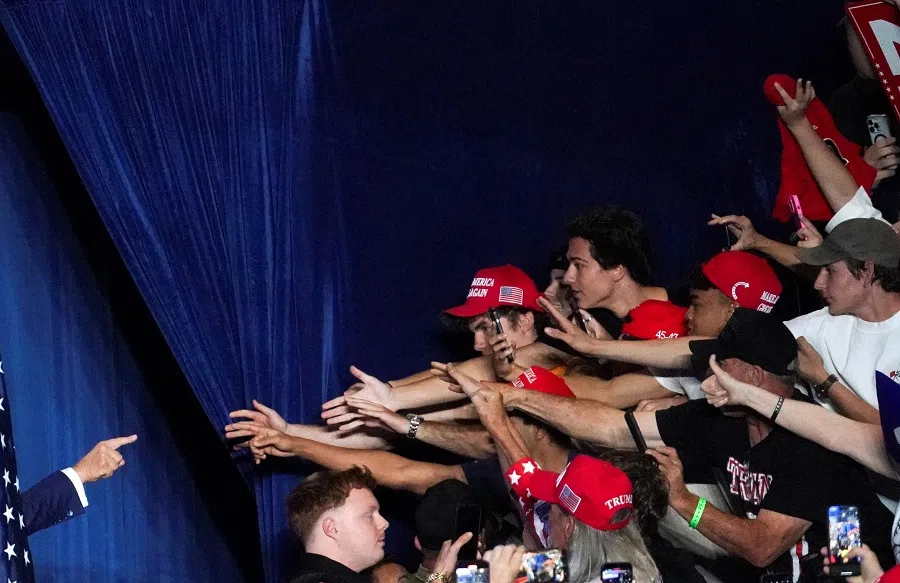
A study by scholars at the Peterson Institute for International Economics finds that imposing a 20% across-the-board tariff combined with a 60% tariff on China would cost a typical US household in the middle of the income distribution more than US$2,600 a year. Trump’s trade policy will undoubtedly trigger retaliations from other countries, disrupt global supply chains, and hurt average Americans while damaging America’s foreign relations.
For US-China relations, the challenge from the second Trump administration could be devastating.
Trump does not follow any rules in handling the US-China relationship, and the relationship may well be in free fall again, as was the case during the latter half of his first term.
US-China relations could go into free fall
Both Republicans and Democrats are bent on outcompeting China in the intense great power rivalry. However, President Biden has tried to build some “guardrails” to prevent the competition from veering into conflict. Trump does not follow any rules in handling the US-China relationship, and the relationship may well be in free fall again, as was the case during the latter half of his first term.
In addition to expected rising tensions due to his avowed tariff and high-tech wars with China, the second Trump administration may also create severe challenges to the bilateral relationship in other areas such as cultural exchanges and Taiwan.
Prodded by a Republican-dominated Congress, the second Trump administration may resuscitate the infamous, McCarthyist “China Initiative” to persecute innocent people on dubious accusations, especially those of Chinese descent. Anti-Asian hate and violence may rise again as Trump continues to make racist remarks. More states may enact laws like Florida to discourage and even ban cultural, educational and scientific exchanges with China.
Dangers regarding Taiwan
Then there is the potentially explosive Taiwan issue. Trump appears not fully committed to the defence of Taiwan and he claimed that Taiwan “stole” the US chip industry. He is almost certain to play the Taiwan card in dealing with China, while extorting Taiwan to pay more for American protection. Most dangerously, he may feel that he does not have to be bound by the “one China” framework and could significantly upgrade US relations with Taiwan and even formally recognise Taiwan, forcing Beijing to take extreme countermeasures.
Trump’s return to power may be good news to his supporters, but for others, both in and outside of America, it sets the alarm bells ringing for bumpy roads ahead.
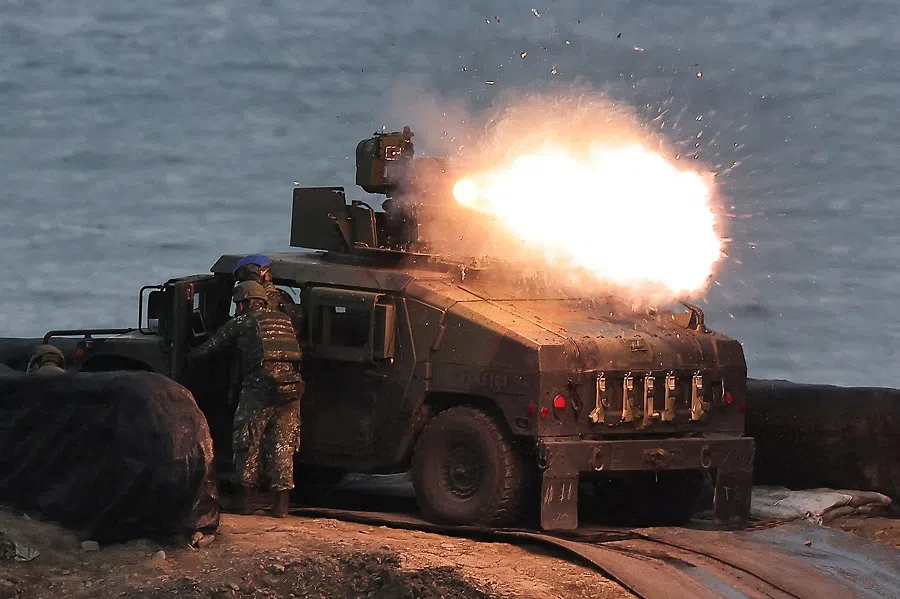
However, Trump’s aversion to war may align with China’s preference to pursue unification by peaceful means. It is possible, though not very likely, that he understands the danger of using Taiwan to provoke China, and he may, following his transactional instinct, decide to strike a deal with Beijing and ditch Taiwan.
In short, Trump’s return to power may be good news to his supporters, but for others, both in and outside of America, it sets the alarm bells ringing for bumpy roads ahead.


![[Big read] When the Arctic opens, what happens to Singapore?](https://cassette.sphdigital.com.sg/image/thinkchina/da65edebca34645c711c55e83e9877109b3c53847ebb1305573974651df1d13a)


![[Video] George Yeo: America’s deep pain — and why China won’t colonise](https://cassette.sphdigital.com.sg/image/thinkchina/15083e45d96c12390bdea6af2daf19fd9fcd875aa44a0f92796f34e3dad561cc)